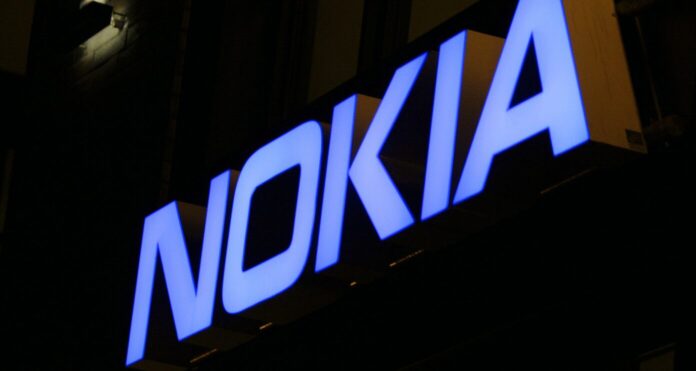Nokia confirmed it has already signed a total of 42 commercial 5G deals with operators around the world, of which 22 are with named customers such as T-Mobile, Telia and Softbank, the Nordic vendor said in a statement.
Including these agreements, Nokia’s 5G deals, trials and demos total over 100 5G customer engagements to date.
Nokia said it has obtained recent 5G wins in Latin America, Asia Pacific and the Middle East. Some of the deals publicly announced by Nokia are AT&T, Sprint, T-Mobile US, US Cellular, A1, Salt, Telenor Group, Telia Company, TIM, Vodafone Italy, STC, Rain, NTT Docomo, KT, Optus, and SK Telecom.
Since the announcement of the 30th commercial 5G contract at the end of March, Nokia said it has seen an average of one major contract win each week – with a steady pipeline in place for further agreements.
“The pace of 5G progress is accelerating across the globe. We are delivering significant performance increases to operators and the power of Nokia’s end-to-end portfolio is being recognized,” said Nokia President and CEO Rajeev Suri. “In fact, in pretty much every network where Nokia products are deployed, we are the performance leader.”
Nokia’s in-house 5G mmWave small cells and AirScale BTS provide in-building and outdoor coverage, while the company’s microwave “Anyhaul”, cloud native RAN, antennas, and 5G cloud-native core are part of approximately half of Nokia’s agreements to date, the company said.
The Finnish company highlighted that early rollouts of 5G have been well publicized in North America, Korea and Europe. The vendor also said that it is looking forward to announce its work with operators in emerging nations and regions such as India and Latin America over the coming months.
According to a report by Reuters, Huawei has signed nearly 40 commercial 5G orders, while Swedish Ericsson has publicly announced 19 contracts, of which eight are live.
Nokia director Federico Guillen said that customers are looking to Nokia to equip their 5G core networks, either to have dual-sourcing for the most critical parts of their network infrastructure or to replace existing vendors.
“It’s a little early to quantify that, but in recent weeks we are starting to see that happening,” Guillen reportedly said.
The executive said there has been particular interest from carriers in European countries that have been debating the role of Chinese vendors in their 5G networks.
“Where we are starting to see traction is in countries where there are debates,” Guillen said.
The U.S. administration is urging a number of European countries to avoid using equipment from Huawei in its 5G networks, over security allegations.
Last month, The Trump administration confirmed that the U.S. Department of Commerce had added Huawei to its Entity List, a decision that effectively banned the company from buying parts and components from U.S. companies without U.S. government approval. Under the order, Huawei will need a U.S. government license to buy components from U.S. suppliers.
However, soon after this decision, the administration announced that it would ease certain export restrictions recently imposed on Chinese vendor Huawei Technologies, in a move to give operators time to make other arrangements.

